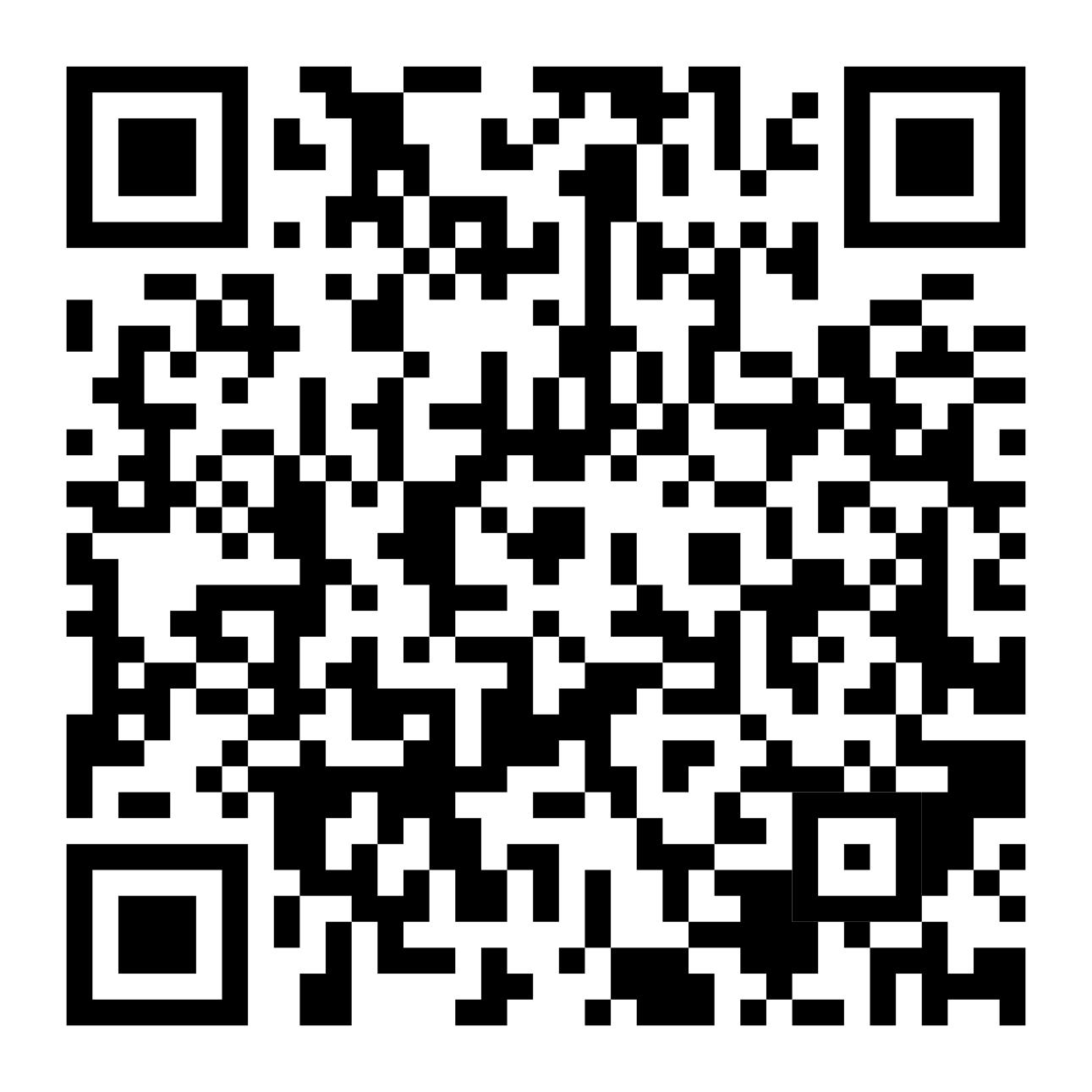Learning English Through Hobbies: Exploring Students’ Learning Style at English Skills Classes
DOI:
https://doi.org/10.23917/jkk.v2i3.67Keywords:
diversity, learning styles, teaching methods, language learning, education outcomesAbstract
This study delves into the expanding differences and diversities among students in higher education, encompassing various backgrounds, ethnicities, cultures, and learning styles. The advent of technological advancements has prompted educators to reevaluate traditional teaching approaches, emphasizing the importance of aligning teaching methods with students' learning styles to prevent dissonance. Misalignment between teaching and learning styles can lead to student dissatisfaction and poor performance. This paper explores the significance of learning styles in achieving successful education outcomes. It investigates how individual learning styles, such as visual, auditory, and kinesthetic, impact language learning success, particularly in English education. The study examines the correlation between learning styles, hobbies, and language acquisition techniques. The results indicate that incorporating hobbies into learning can enhance students' comfort and receptiveness to the educational process, thereby promoting language skills development.
Downloads
References
Akarsu, O., & Darıyemez, T. (2014). The reading habits of university students studying English language and literature in the digital age. Journal of Language and Linguistic Studies, 10(2), 85–99.
Albiladi, W. S., Abdeen, F. H., & Lincoln, F. (2018). Learning English through movies: Adult English language learners’ perceptions. Theory and Practice in Language Studies, 8(12), 1567–1574.
An, D., & Carr, M. (2017). Learning styles theory fails to explain learning and achievement: Recommendations for alternative approaches. Personality and Individual Differences, 116, 410–416.
Anggraini, A., & Al Farhan, M. (2023). Exploring Students’ Word Learning Strategies in Project Based Learning Activities. Proceeding of Undergraduate Conference on Literature, Linguistic, and Cultural Studies, 263–271. https://doi.org/10.30996/uncollcs.v2i1.2504
Berková, K., Borůvková, J., Frendlovská, D., Krpálek, P., & Melas, D. (2020). Learning style preferences of university and college students. Problems of Education in the 21st Century, 78(4), 486.
Brown, G. A. (1975). Microteaching: A Programme of Teaching Skills.
Chetty, N. D. S., Handayani, L., Sahabudin, N. A., Ali, Z., Hamzah, N., Rahman, N. S. A., & Kasim, S. (2019). Learning Styles and Teaching Styles Determine Students’ Academic Performances. International Journal of Evaluation and Research in Education, 8(4), 610–615.
Cuaresma, J. (2008). Learning style preferences and academic performance of PHEM majors at the University of the Cordilleras. Unpublished Undergraduate Thesis. University of the Cordilleras, Baguio City.
Ellis, R. (2008). Learner beliefs and language learning. Asian EFL Journal, 10(4), 7–25.
Gilakjani, A. P. (2012). Visual, Auditory, Kinaesthetic Learning Styles and Their Impacts on English Language Teaching. Journal of Studies in Education, 2(1), 104–113.
Guntur, A. P., Rafidiyah, D., Nadia, H., Aflahah, N. A., & Farhan, M. Al. (2023). Factors Influencing Students’ Adoption Of Cognitive Strategies In English-Speaking Learning : A Narrative Inquiry. 5(1).
Maulana, A., Aflahah, N. A., Nadia, H., Al Farhan, M., Sari, R. N., & Amalin, K. (2023). Exploring Language Use Strategies with Zoning-Based Language Rules in SMPIT Hidayatul Qur’an Boarding School. Jurnal Keilmuan Dan Keislaman, 2(2), 73–80. https://doi.org/10.23917/jkk.v2i1.52
Pebriano, N. A., Rafidiyah, D., Murtiningsih, T., Fauziah, N., Al Farhan, M., Wariyatun, Ifani, M. Z., & Pradana, F. G. (2023). The Process of Learning English Speaking Skills in Nursing Class. Jurnal Keilmuan Dan Keislaman, 2(2), 53–58. https://doi.org/10.26417/ejms.v1i2.p440-450
Shanti Manipuspika, Y. (2020). Learning Styles of Indonesian EFL Students: Culture and Learning. Arab World English Journal (AWEJ) Volume, 11.
Tanjung, R. N. I., Sarmila, S., Aflahah, N. A., Nadia, H., Nugroho, S., Mahardika, D. A., & Purnomo, E. (2023). Learning British Accent Through Short Videos: A Case Study of English Department Student. Jurnal Keilmuan Dan Keislaman, 2(2), 43–51. https://doi.org/10.23917/jkk.v2i1.58
Yulianty, E., & Al Farhan, M. (2023). Project-based Learning for Teaching Writing Skill at Tourism Major in Vocational School. Proceeding of Undergraduate Conference on Literature, Linguistic, and Cultural Studies, 2(2), 272–281. https://doi.org/10.30996/uncollcs.v2i1.2504
Downloads
Published
How to Cite
Issue
Section
License
Copyright (c) 2023 Gista Rahma Dayanti, Muhammad Zulfi Ifani, Mahesa Maulana, Koesoemo Ratih

This work is licensed under a Creative Commons Attribution 4.0 International License.















